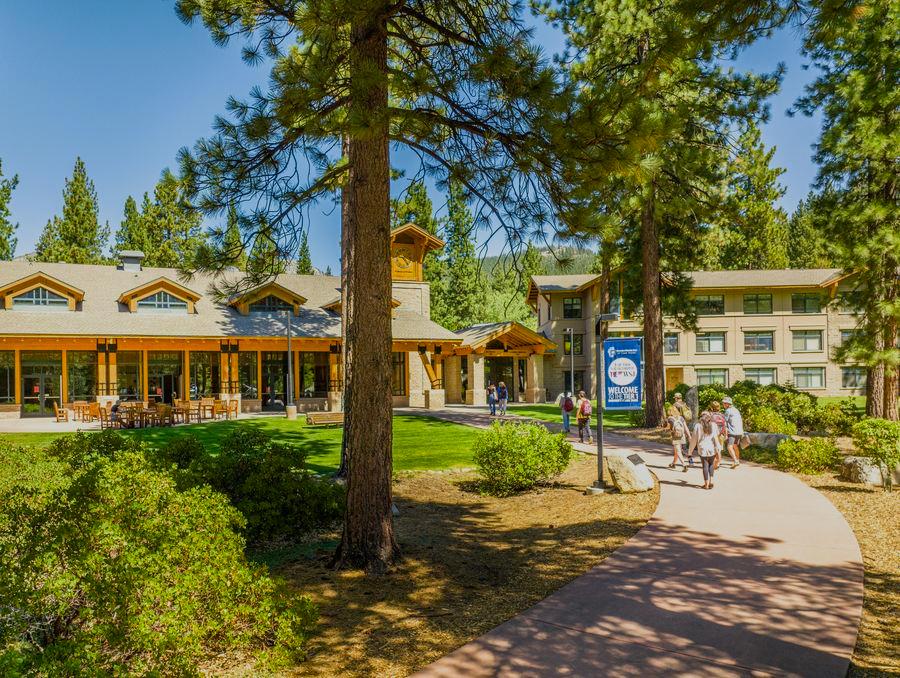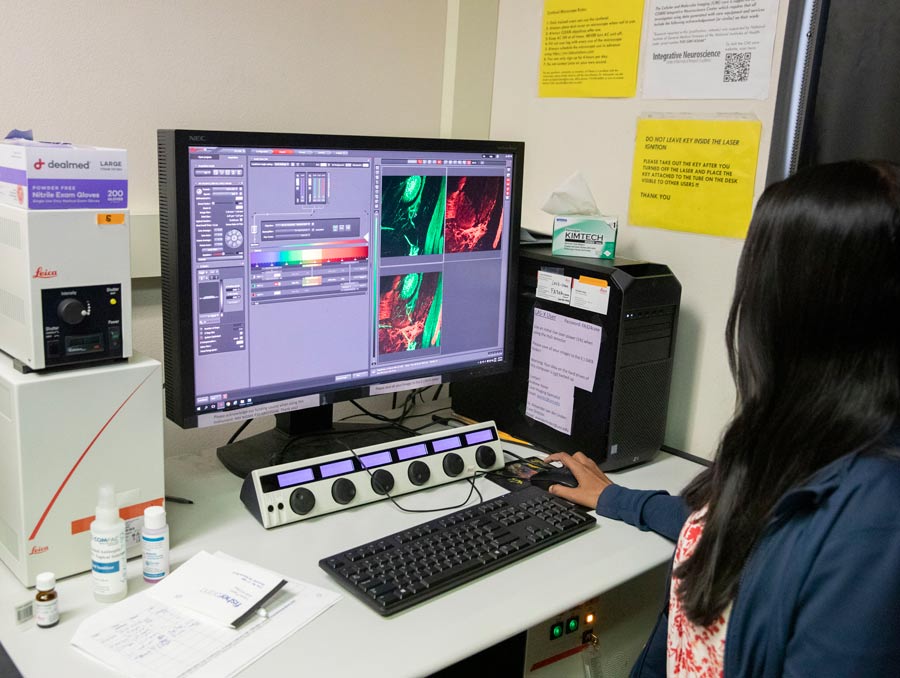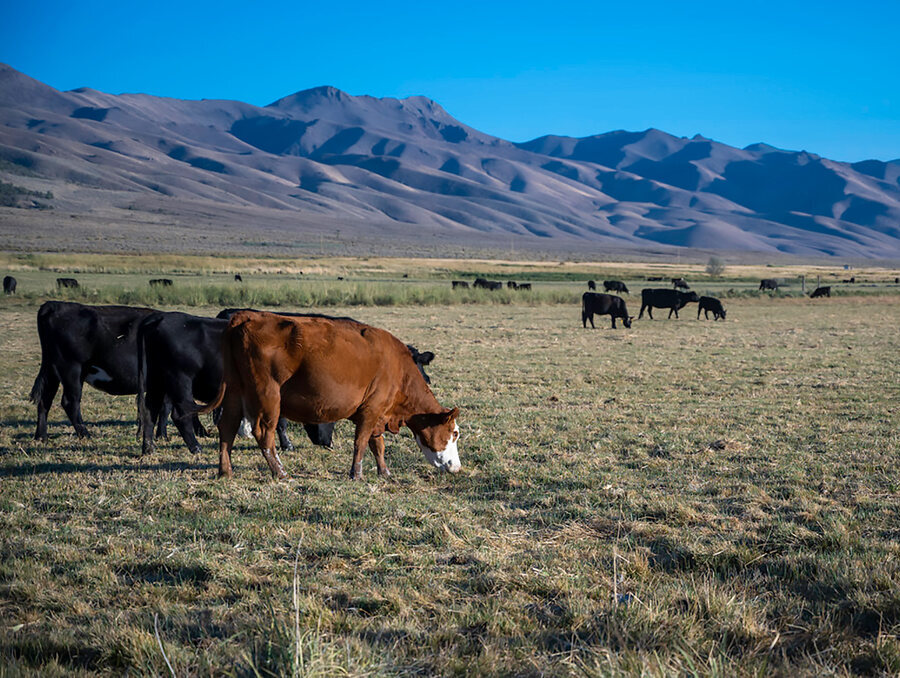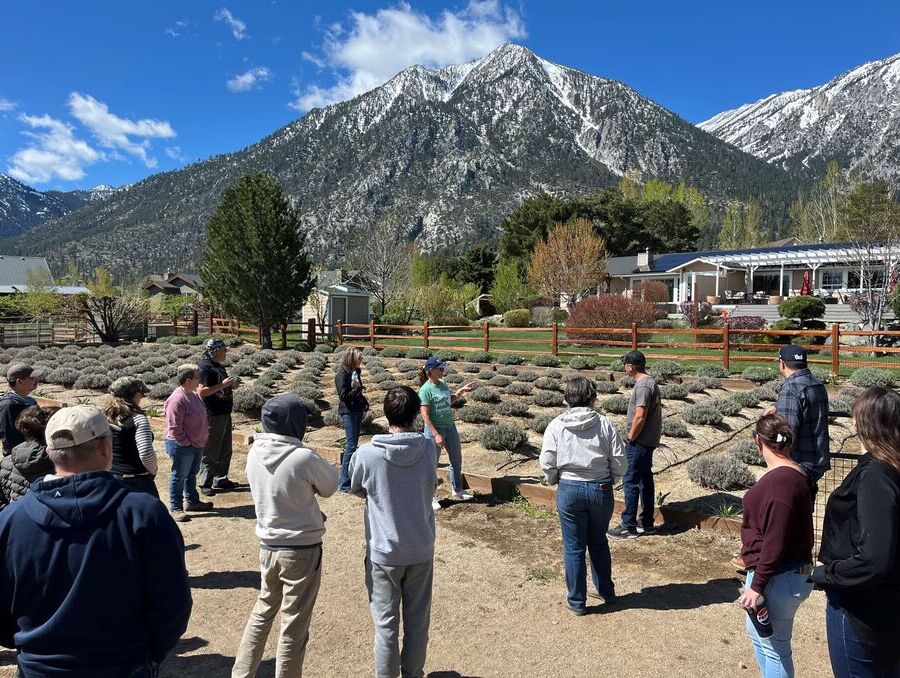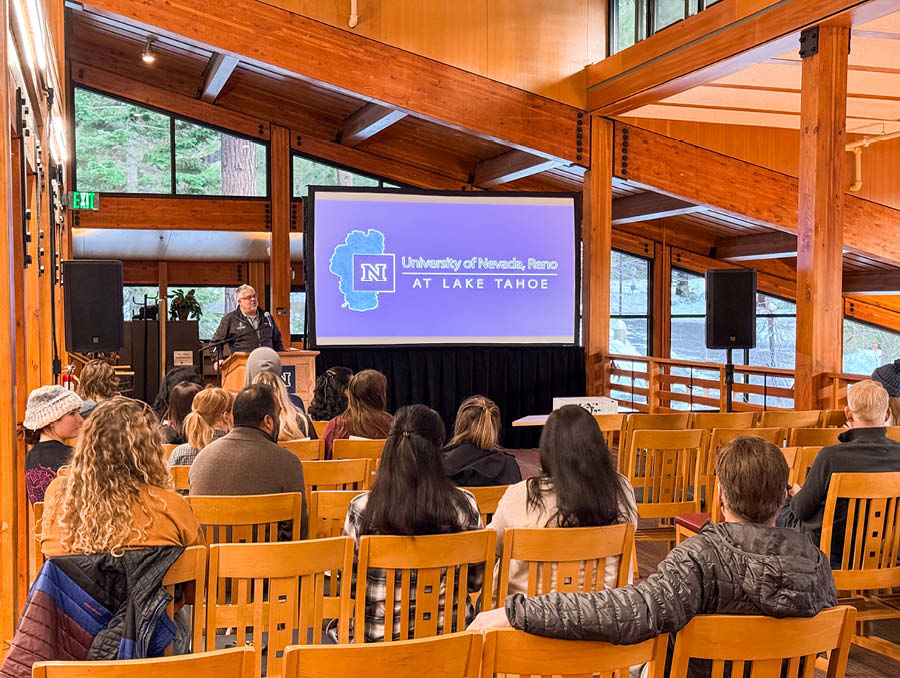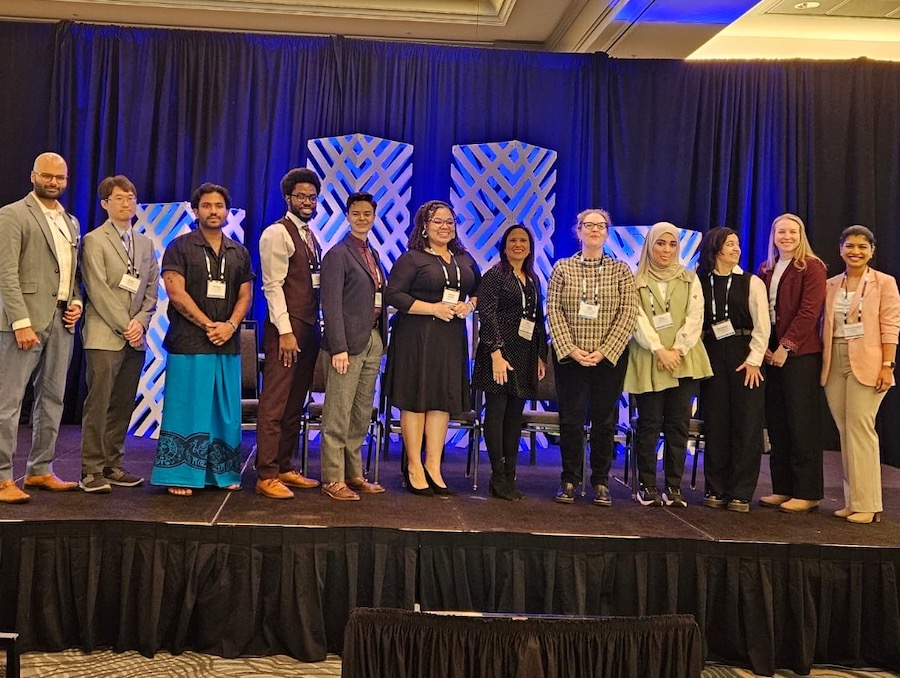The Center for Basque Studies has been integral in promoting the history and research of the Basque culture since it was first established at the University of Nevada, Reno in 1967. The Center, which is recognized as an academic authority on the Basques and has published more than 60 books on the culture, has recently expanded its role as the leading international publisher of works in English promoting the Basque culture.
Daniel Montero, the publications coordinator of the Center of Basque Studies, is currently spearheading a publishing partnership with the University of the Basque Country. The Center plans to publish a total of 24 books on Basque and other academic topics produced by faculty at the University of the Basque Country, the largest Basque public university with three campuses in major Basque cities. Though the series is only in its second year, ten books have already been published.
"The University of the Basque Country is always producing new research and there is a lot of room to expand the series," Montero said. "It's a really exciting series for us because it's giving us the opportunity to work directly with the university's researchers and professors and help get their academics to a wider international audience."
The Center is home to the largest Basque library outside of the Basque Country, which is located in the University's Mathewson-IGT Knowledge Center, and has been an important component in helping the Basque culture stay internationally relevant since it was first established. The Basques, victims of violence and oppression in their homeland under the thirty-year-long Spanish dictatorship of General Francisco Franco, have seen the Center as a champion of their culture on an international level. Throughout the last 40 years, the Center has continuously published books that focus on different topics within the Basque culture including history, anthropology, sociology, linguistics and film studies.
"The Center is kind of like the 'Harvard' of Basque studies in the English-speaking world," Montero said. "We are the premier world leader for Basque research topics and studies outside of the Basque country."
The Center works just like any other academic publisher. Montero receives submissions which are then evaluated by the Center's Editorial Board. If a book is supported by the Editorial Board, it is sent out to be peer-reviewed by experts in the field, and then, based on the experts' reports, the Editorial Board makes the decision whether or not to publish the book. The books published by the Center tend to be translations and centered on various Basque academic research. Often times throughout the year different Basque scholars will visit the UNR campus solely to conduct research at the Center, which is home to thousands of books on Basque culture and other topics.
Montero and his team at the Basque Center additionally attend the annual Durango "Azoka" (book fair) in the Basque Country, which attracts thousands of people with Basque heritage. Typically, the Center is the only book vendor that has Basque books in English at Durango, making it somewhat of a novelty.
Check out the center for Basque studies bookstore
Read book reviews, author biographies, new book information and learn about the Reader's Club.
"A lot of people come up and are interested in our books," Montero said. "The Basque attendees can see that their culture is still actively promoted on an international level."
Aside from continuing to promote the overall Basque culture internationally, Montero hopes to begin reaching out specifically to the thousands of Basques who immigrated to America.
"It's really important that we reach out to the older Basque people and get their oral histories," Montero said. "It's also important that we keep young graduate students coming and working at the Center because they help provide a fresh perspective on different areas of Basque research."
This year, the Center plans to publish approximately 10 new books including an authoritative history of the game of Basque pelota, an anthology of short stories on Basque violence, and even a children's book celebrating the life of a very unique gander named Oui Oui Oui!

